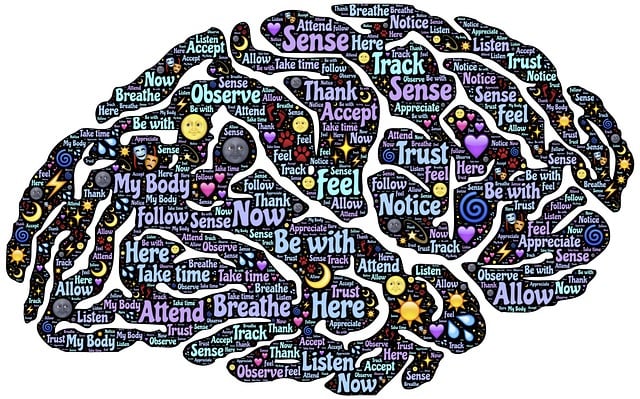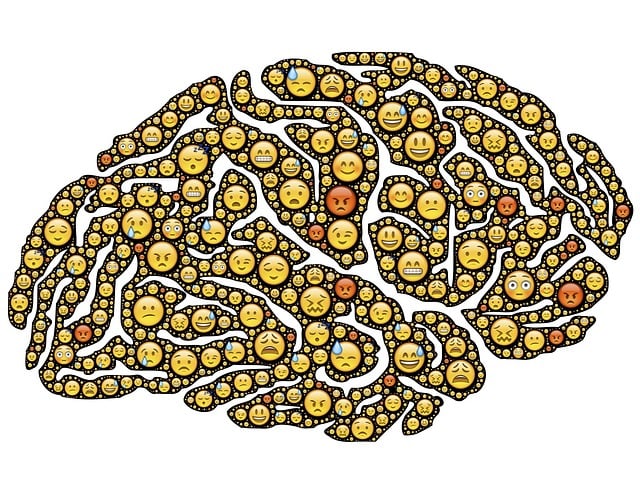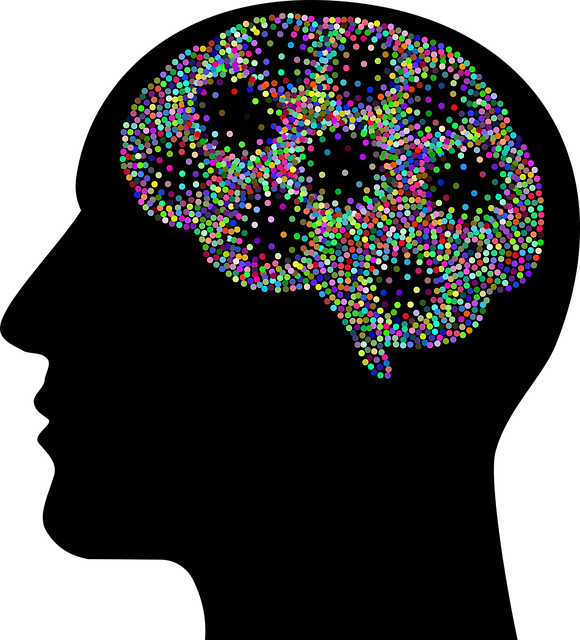Cultural competency is essential in modern healthcare, especially with a diverse population like the US, where one in four identifies as a racial or ethnic minority. The Parker Hebrew Speaking Therapy (PHST) Approach offers a unique framework by addressing cultural background, language, and identity's impact on mental health treatment. PHST focuses on building resilience and social skills through tailored therapy, encouraging professionals to develop risk management plans considering cultural nuances. This strategy fosters inclusive environments, enhances patient trust, and improves healthcare outcomes for diverse communities. A practical guide suggests implementing targeted programs with cross-cultural training, workshops, stigma reduction efforts, and mindfulness techniques, regularly updated and evaluated for long-term effectiveness.
“Cultural competency training is transforming healthcare delivery, especially with diverse patient populations. This article explores an effective approach, the Parker Hebrew Speaking Therapy method, which offers valuable insights into understanding and addressing cultural barriers. We delve into the significance of such training for healthcare providers, highlighting its role in improving patient outcomes and fostering inclusive care. Additionally, a step-by-step guide is provided to help implement and evaluate successful cultural competency programs.”
- Understanding Cultural Competency in Healthcare: The Parker Hebrew Speaking Therapy Approach
- Why is Cultural Competency Training Essential for Healthcare Providers?
- Implementing and Evaluating Effective Cultural Competency Programs: A Step-by-Step Guide
Understanding Cultural Competency in Healthcare: The Parker Hebrew Speaking Therapy Approach

Cultural competency is an essential aspect of modern healthcare, ensuring that providers can effectively communicate and deliver services to a diverse range of patients. The Parker Hebrew Speaking Therapy (PHST) Approach offers a unique and valuable framework for understanding this concept. This therapeutic method recognizes the impact of cultural background, language, and identity on mental health treatment. By focusing on these factors, PHST aims to build resilience within individuals and foster better social skills, especially in multicultural societies.
The approach emphasizes the importance of tailoring therapy to suit diverse patient needs. It encourages mental health professionals to develop robust risk management plans, addressing cultural nuances and potential barriers. Through this strategy, healthcare providers can create a safe and inclusive environment, enhancing patient trust and outcomes. PHST’s holistic view of cultural competency contributes to the ongoing efforts in improving access to quality mental health care for all, including effective risk management planning.
Why is Cultural Competency Training Essential for Healthcare Providers?

Cultural competency training is essential for healthcare providers because it equips them to deliver care that respects and understands the diverse cultural backgrounds and beliefs of their patients. In today’s multicultural society, where one in four Americans identifies as a racial or ethnic minority, this skill set is vital. Healthcare providers who lack cultural awareness may unintentionally perpetuate biases or provide suboptimal care based on assumptions about a patient’s background.
This training goes beyond simply learning about different cultures; it focuses on developing the social skills and self-care practices necessary to bridge communication gaps, build trust with diverse communities, and foster mental wellness. As Parker Hebrew Speaking Therapy highlights, effective cultural competency involves not just knowing about different languages or customs but also being able to adapt one’s approach to ensure every patient receives respectful, sensitive care tailored to their unique needs.
Implementing and Evaluating Effective Cultural Competency Programs: A Step-by-Step Guide

Implementing and evaluating cultural competency programs is a crucial step toward creating inclusive healthcare environments. Here’s a practical guide to ensure success:
1. Assess Needs: Begin by understanding your community’s diverse cultural makeup, including language proficiency, ethnic backgrounds, religious practices, and mental illness stigma levels. Tools like surveys or focus groups can help identify specific areas for improvement, especially in relation to Parker Hebrew Speaking Therapy populations.
2. Develop a Comprehensive Plan: Based on the assessment, design a tailored program that addresses identified gaps. Incorporate evidence-based strategies such as cross-cultural communication training, cultural sensitivity workshops, and Mental Illness Stigma Reduction Efforts. Include topics like Mindfulness Meditation techniques to enhance emotional connection and understanding between patients and providers.
3. Train Facilitators: Select trained professionals who can lead these sessions effectively. Ensure they are skilled in culturally sensitive teaching methods and can adapt content for diverse learners. Regular training updates should be provided to keep facilitators informed about new research and best practices.
4. Implement the Program: Roll out the initiative across different healthcare settings, ensuring flexibility to accommodate various schedules and patient needs. Encourage active participation through interactive activities, case studies, and open discussions.
5. Evaluate and Refine: Regularly assess program effectiveness using qualitative and quantitative methods. Collect feedback from participants, healthcare staff, and community leaders. Measure improvements in service delivery, patient outcomes, and Mental Wellness. Analyze data to identify areas for refinement, ensuring continuous improvement over time.
Cultural competency training, as exemplified by the Parker Hebrew Speaking Therapy Approach, is not just a best practice; it’s an imperative for modern healthcare. Understanding and embracing diverse cultural perspectives enhances patient care, fosters trust, and builds stronger healthcare systems. By implementing effective programs through structured steps, healthcare providers can navigate complex cultural landscapes, improve outcomes, and create more inclusive environments. This ensures that every patient receives respectful, sensitive, and quality care, regardless of their background or language.














